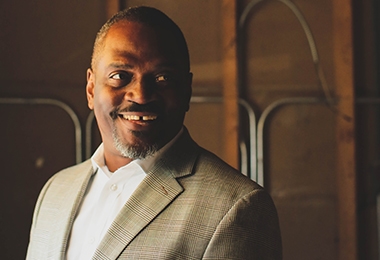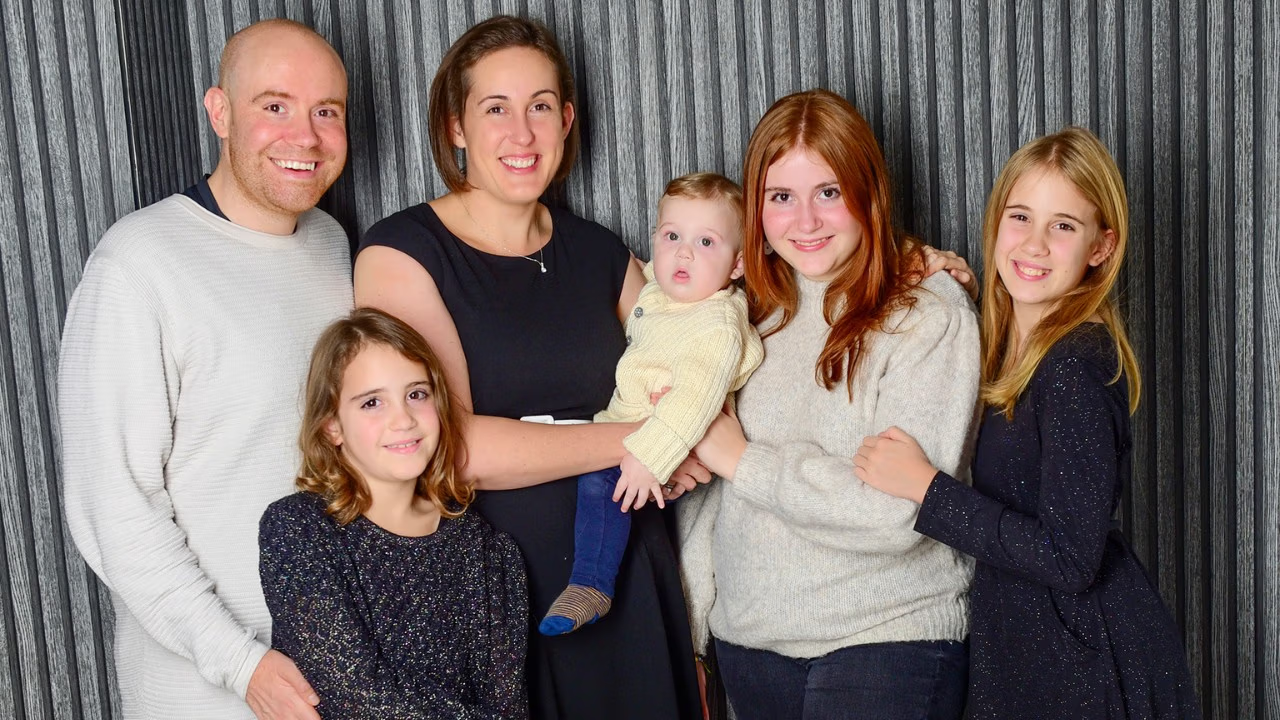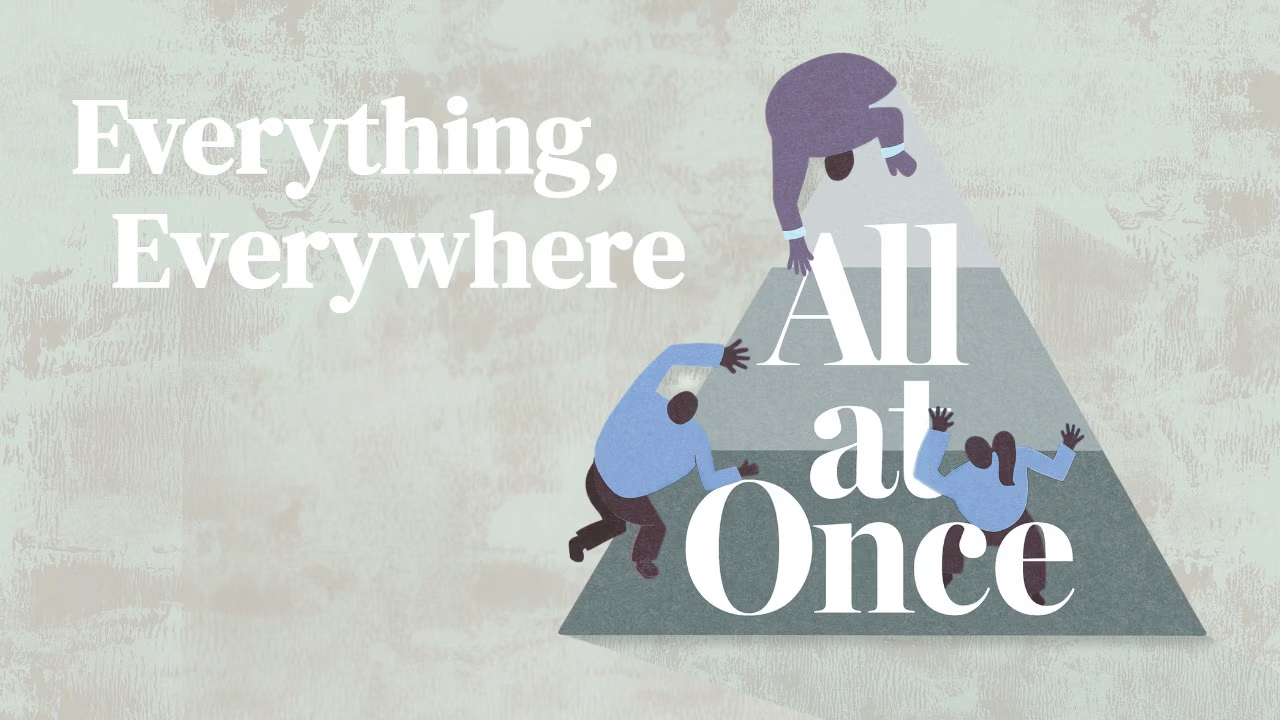[vc_row][vc_column][vc_column_text]
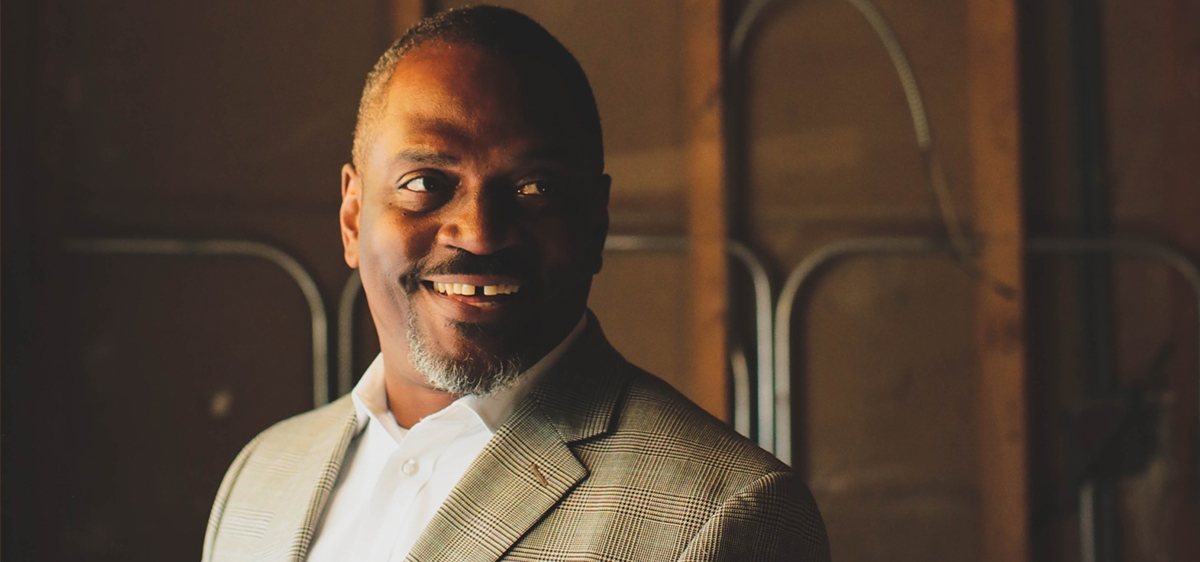
[/vc_column_text][/vc_column][/vc_row][vc_row el_class=”hero-header-text”][vc_column][vc_column_text]
Reimagine That
Partners in Community: No Place Like Home
When New Zion Covenant Church asked its neighbors what they needed most, their answer led to a partnership that is transforming their community.
By Stan Friedman | Photos by Bethany Roesler & Edgar Torres | May 2, 2017
[/vc_column_text][/vc_column][/vc_row][vc_row][vc_column][vc_column_text]
Sandra was about to be evicted. Her landlord needed the apartment for her own son, who was being released from jail.
A single mom, Sandra had four children, the youngest a baby with a heart condition. Her search to find an affordable place to live had led only to dead ends, and she and her family were about to become homeless.
Desperate, Sandra made a painful decision. She called the state child welfare agency—the Illinois Department of Children and Family Services (DCFS)—
to ask them to take custody of her children.
That’s when a DCFS official called Lance Davis, pastor of New Zion Covenant Church in Dolton, Illinois, a suburb south of Chicago. The official had met Davis through a previous partnership and had heard that the church had a program that provided not only housing but support services such as budgeting, access to food, clothing, emotional counseling, and job skills to people like Sandra. Davis said he would be glad to help.
When she first talked to Davis, Sandra wasn’t expecting much. It all sounded too good to be true. But Davis’s compassion overwhelmed her.
“First, I said to her, ‘How are you doing? This must have been incredible for you to have to contact DCFS, knowing that they could have taken all four of your children. So, we’d like to know, how are you doing and how are you maintaining?’” he says.
That led to a long, emotional conversation. Eventually Sandra asked, “Is this real? Because I’ve gone everywhere and I’ve gone to so many different organizations and people, and the door is always closed in my face. You all really want to help me?” Davis answered, “Yes, ma’am. We do.”
[/vc_column_text][/vc_column][/vc_row][vc_row][vc_column][vc_column_text]
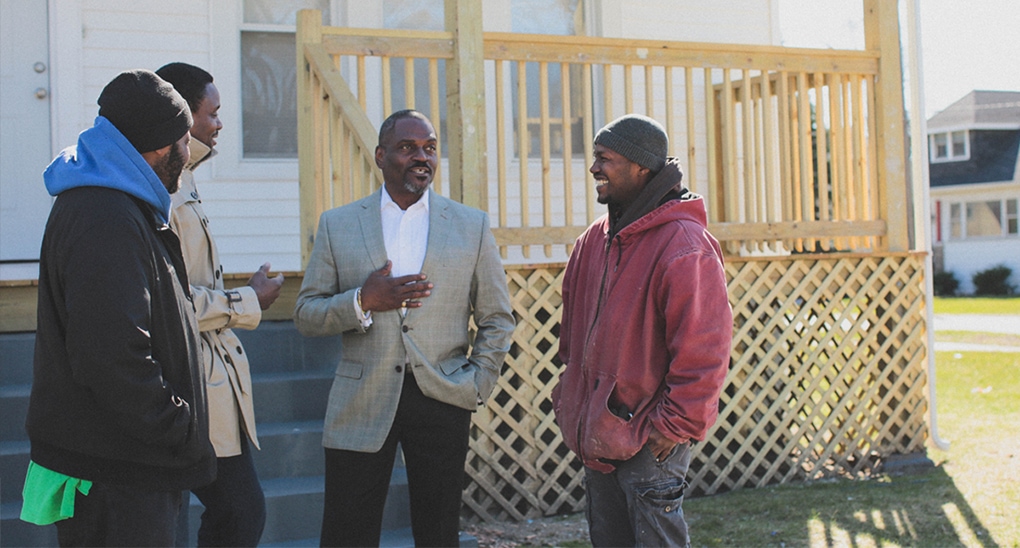
[/vc_column_text][/vc_column][/vc_row][vc_row][vc_column][vc_column_text]Discussing plans to renovate homes in their neighborhood: Teddy Campbell (left), Lernie Jones, Lance Davis, and Cortez Atkins[/vc_column_text][vc_column_text]
About that time he met Debbie Griffith-Samuels and Jerome Nelson of the Central Conference. They began talking about New Zion joining the Covenant—which they did in 2012. Then they introduced him to Cecilia Williams, executive minister of Love Mercy Do Justice; Paul Hawkinson, ECC executive vice-president of finance; and Steve Dawson, president of National Covenant Properties.
“I didn’t really think that the Covenant would have a stomach for an idea like this,” Davis says. “Not only did they have a stomach for it, they became instrumental in making it happen.”
Inspired by Davis’s vision, denominational leaders began to lay the groundwork for a sustainable business model that could support New Zion’s project and be replicated in other vulnerable communities throughout the country. That was the birth of Bezalel, a limited liability corporation formed by the denomination and named for the person Moses appointed to build the ark of the covenant and tabernacle as well as teach artisan skills (Exodus 35:30-35).
[/vc_column_text][/vc_column][/vc_row][vc_row][vc_column][vc_column_text]Watch this video to hear more about how Covenant leaders are partnering together with project Bezalel:[/vc_column_text][vc_raw_html]JTNDc3R5bGUlM0UuZW1iZWQtY29udGFpbmVyJTIwJTdCJTIwcG9zaXRpb24lM0ElMjByZWxhdGl2ZSUzQiUyMHBhZGRpbmctYm90dG9tJTNBJTIwNTYuMjUlMjUlM0IlMjBoZWlnaHQlM0ElMjAwJTNCJTIwb3ZlcmZsb3clM0ElMjBoaWRkZW4lM0IlMjBtYXgtd2lkdGglM0ElMjAxMDAlMjUlM0IlMjAlN0QlMjAuZW1iZWQtY29udGFpbmVyJTIwaWZyYW1lJTJDJTIwLmVtYmVkLWNvbnRhaW5lciUyMG9iamVjdCUyQyUyMC5lbWJlZC1jb250YWluZXIlMjBlbWJlZCUyMCU3QiUyMHBvc2l0aW9uJTNBJTIwYWJzb2x1dGUlM0IlMjB0b3AlM0ElMjAwJTNCJTIwbGVmdCUzQSUyMDAlM0IlMjB3aWR0aCUzQSUyMDEwMCUyNSUzQiUyMGhlaWdodCUzQSUyMDEwMCUyNSUzQiUyMCU3RCUzQyUyRnN0eWxlJTNFJTNDZGl2JTIwY2xhc3MlM0QlMjdlbWJlZC1jb250YWluZXIlMjclM0UlM0NpZnJhbWUlMjBzcmMlM0QlMjdodHRwcyUzQSUyRiUyRnBsYXllci52aW1lby5jb20lMkZ2aWRlbyUyRjIwMzAxMTE0NCUyNyUyMGZyYW1lYm9yZGVyJTNEJTI3MCUyNyUyMHdlYmtpdEFsbG93RnVsbFNjcmVlbiUyMG1vemFsbG93ZnVsbHNjcmVlbiUyMGFsbG93RnVsbFNjcmVlbiUzRSUzQyUyRmlmcmFtZSUzRSUzQyUyRmRpdiUzRQ==[/vc_raw_html][/vc_column][/vc_row][vc_row][vc_column][vc_column_text]
Through Bezalel, the Covenant partners with local churches to bring capital and expertise for home rehab projects. As the church earns revenue from rent, Bezalel helps them renegotiate their loan at a good rate with a local lender and is paid back the original loan. That money can then be re-invested into another project elsewhere.
Bezalel provided the start-up costs to Kinsmen Development, an LLC incorporated by New Zion. Kinsmen used the money to purchase homes and pay for the renovations.
Kinsmen is based on two core beliefs: first, that any human capital a community needs already exists within it; second, the best way to develop a community is through social enterprise—or a sustainable business that seeks to address a community concern.
“When we come in from the outside and do the work ourselves, I think that takes away the compassion, mercy, and justice piece,” Davis says. “Saying, ‘we’re going to do this for you’ doesn’t work. If we are going to beautify our community and build it up, we can do that ourselves. From the legal work all the way to the administrative work and the construction—we’re doing that from within the community.”
Kinsmen employs residents who might have struggled to find work elsewhere. Lernie Jones owns his own construction business and works as the general contractor for the Kinsmen project.
[/vc_column_text][/vc_column][/vc_row][vc_row][vc_column][vc_column_text]
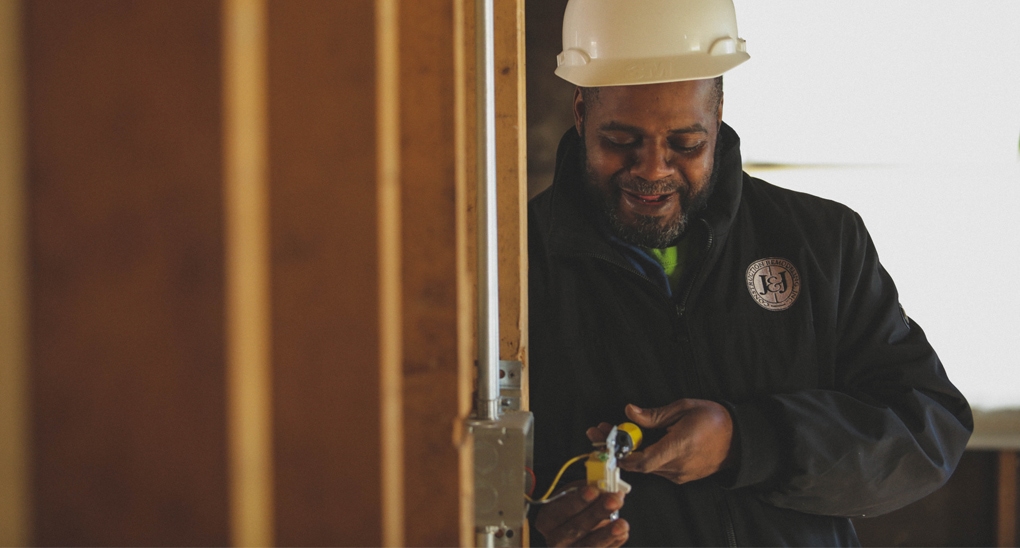
[/vc_column_text][/vc_column][/vc_row][vc_row][vc_column][vc_column_text]
“As a businessman you want to make sure you are making a good product and turning a profit,” Jones says, “but at the end of the day the profit turns into turning out lives and making a difference. We’re just taking the community house by house, job by job, trade by trade, man by man, and they’re learning something.”
Jones has a simple requirement for anyone who wants to join his crew—it doesn’t matter what their past looks like. “If you’re willing to work and come on time and learn a trade, then we’re willing to work with you,” he says. “Everyone deserves a second chance.”
Davis adds, “These are young men who look like they’re wandering aimlessly down the street. Then they see someone from the community working on these sites, and they come over and say, ‘Do you have any more jobs available? Are they still hiring? I’m sick of doing what I’m doing. I’d like to stop this.’”
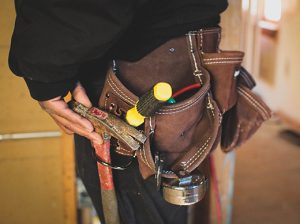 That’s vitally important, Davis says. “Can you imagine how it feels to be able to employ individuals who once thought, ‘I’m not employable. No one wants me.’ And yet we say to them, ‘Kinsmen wants you. We find intrinsic and inherent value in you and we would like you to work with us.’”
That’s vitally important, Davis says. “Can you imagine how it feels to be able to employ individuals who once thought, ‘I’m not employable. No one wants me.’ And yet we say to them, ‘Kinsmen wants you. We find intrinsic and inherent value in you and we would like you to work with us.’”
Sometimes the work is extensive. “It takes a lot of energy, but we’re up for the challenge,” Jones says. “These young men see the challenge, they want to breathe life into it, and bring it back.”
Yet Kinsmen is more than a way to teach trades and provide homes. It is also an evangelistic outreach and discipleship program. “It offers us an opportunity to talk about who it is who saved us, who brought us out of darkness and into this marvelous light,” Davis says. “Most people want to know, ‘Why are you doing this?’ We say we’re doing it because we love our community, we love our God, and God has given us a mandate to go and do things for others who cannot repay the favor.”
So far, Kinsmen and Bezalel have rehabbed ten homes. At the request of DCFS, one home will be used for mothers and their children who are escaping physical abuse or human trafficking. The agency will provide funding for families to stay there, and the contract will help Kinsmen pay off its debt and pay for around-the-clock staff, who will help provide a variety of services.
Sandra has a second chance. Living in affordable housing and the support services have stabilized her situation. Her children live with her, and they are doing well in school.
And Davis already is planning to go bigger. “The more homes we build and the more people we hire, and the more folks we bring through the Kinsmen process of housing—that’s going to be proportionate to the amount of hope that is raised in the community.”
[/vc_column_text][/vc_column][/vc_row][vc_row][vc_column][vc_column_text]
This article is part one of a four-part series titled:
Reimagine That — Partners in Community
[/vc_column_text][/vc_column][/vc_row]


